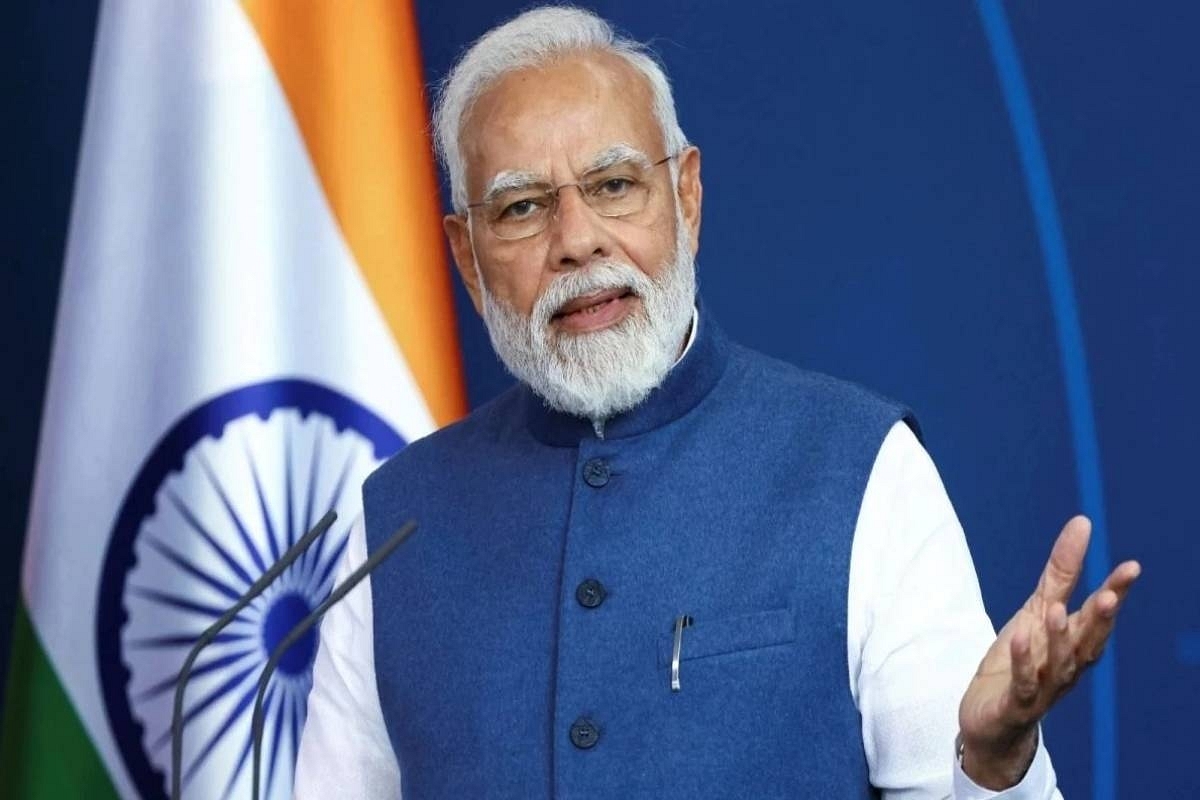World
Nobel Panel Vice-Chair Hails PM Modi As An 'Elder Statesman' Of The World; Praises Intervention In Ukraine Crisis

Prime Minister Narendra Modi. (Twitter)
Asle Toje, the vice chair of Nobel Prize Committee, has lauded Prime Minister Narendra Modi for his positive intervention in Russia-Ukraine war.
Toje also hailed India and said that the world listens when the country speaks.
According to the reports, Toje said that PM Modi is the "biggest contender for the Nobel Peace Prize".
"Prime Minister Modi has intervened on a positive note in the Ukraine crisis warning Russia against using nuclear weapons and I am obviously very happy to see that," Toje was quoted as saying in a Times Now report.
Toje emphasized that every country in the world should give this message, and that it is all the more important when it comes from a powerful country like India.
He commended PM Modi's leadership and stated that he is one of the "elder statesmen" of the world.
Toje added, "It is interesting to see that India has in record time gone from being a developing country to becoming one of the primary economies of this world. It is taken more seriously and when India speaks, it tends to be with a friendly voice and without threats."
He also praised India's peaceful intervention in the conflict, emphasising that the country spoke with a friendly voice and without threats. He added, "We need more of that in International politics."
Toje predicted that India is destined to become a superpower due to its rapid development from a developing country to one of the primary economies of the world.
He stated that PM Modi is the most trusted leader for stopping war and establishing peace.
Toje is a renowned political scientist and foreign policy analyst from Norway. He is also a visiting professor at Harvard University and a member of the Norwegian Academy of Science and Letters.
Support Swarajya's 50 Ground Reports Project & Sponsor A Story
Every general election Swarajya does a 50 ground reports project.
Aimed only at serious readers and those who appreciate the nuances of political undercurrents, the project provides a sense of India's electoral landscape. As you know, these reports are produced after considerable investment of travel, time and effort on the ground.
This time too we've kicked off the project in style and have covered over 30 constituencies already. If you're someone who appreciates such work and have enjoyed our coverage please consider sponsoring a ground report for just Rs 2999 to Rs 19,999 - it goes a long way in helping us produce more quality reportage.
You can also back this project by becoming a subscriber for as little as Rs 999 - so do click on this links and choose a plan that suits you and back us.
Click below to contribute.
Latest